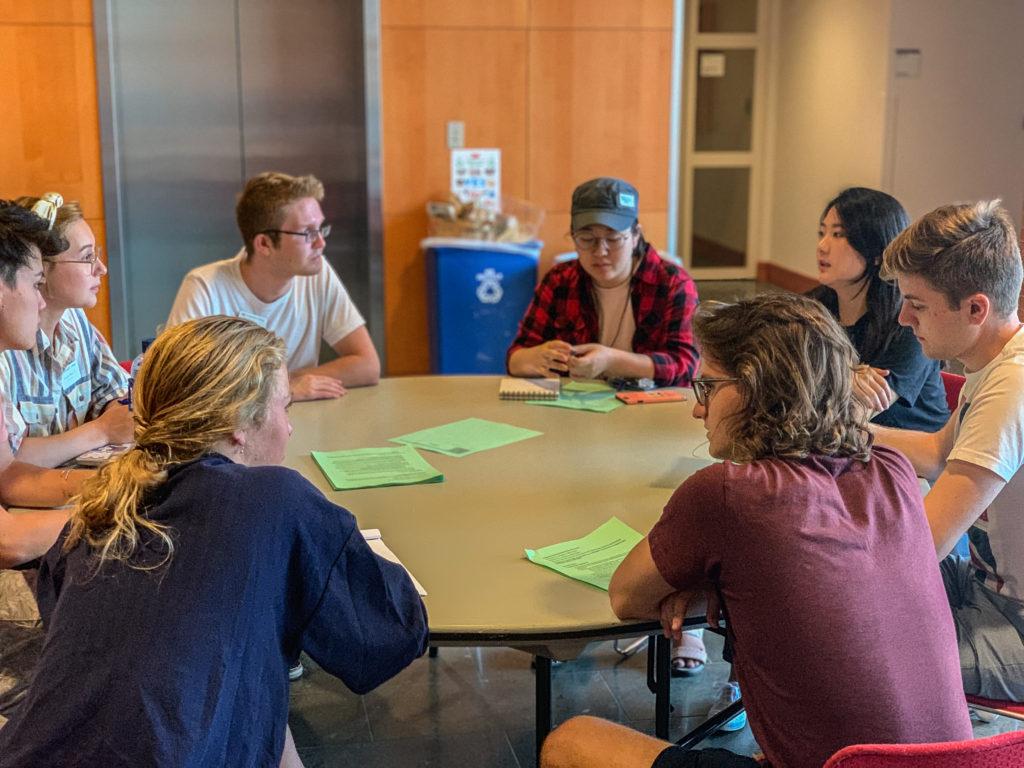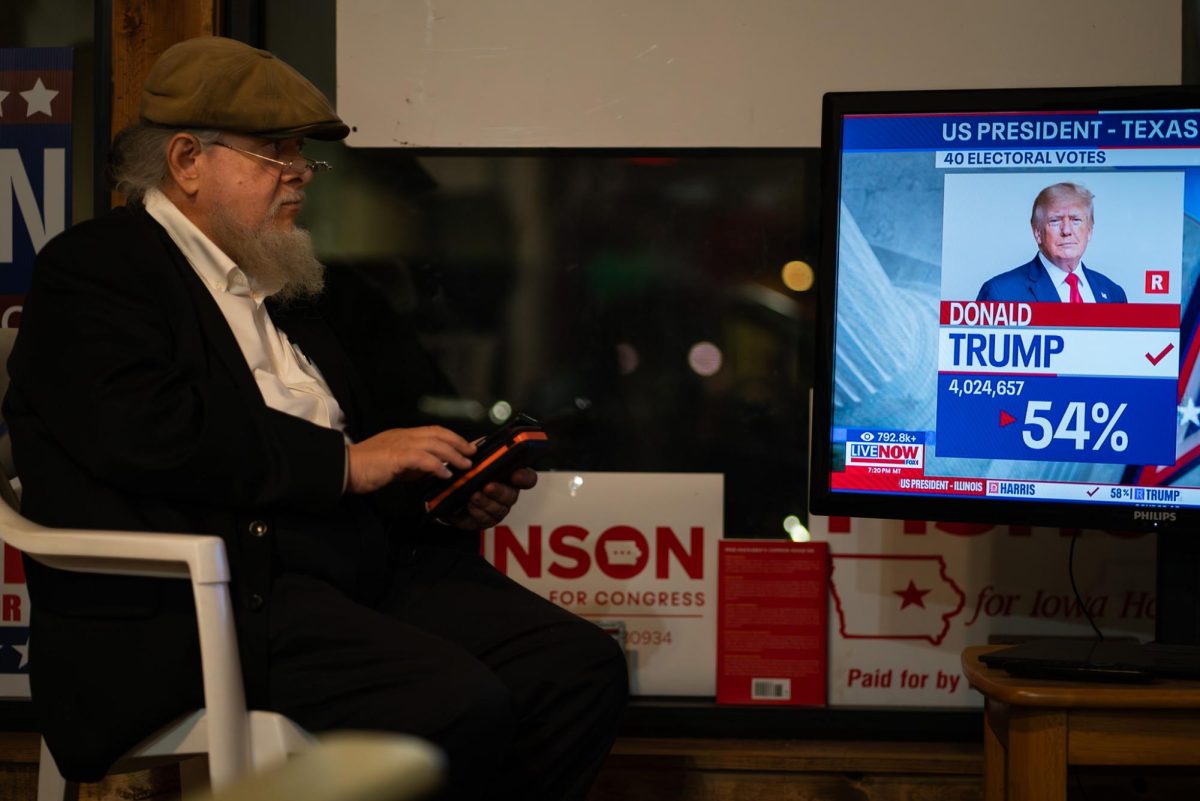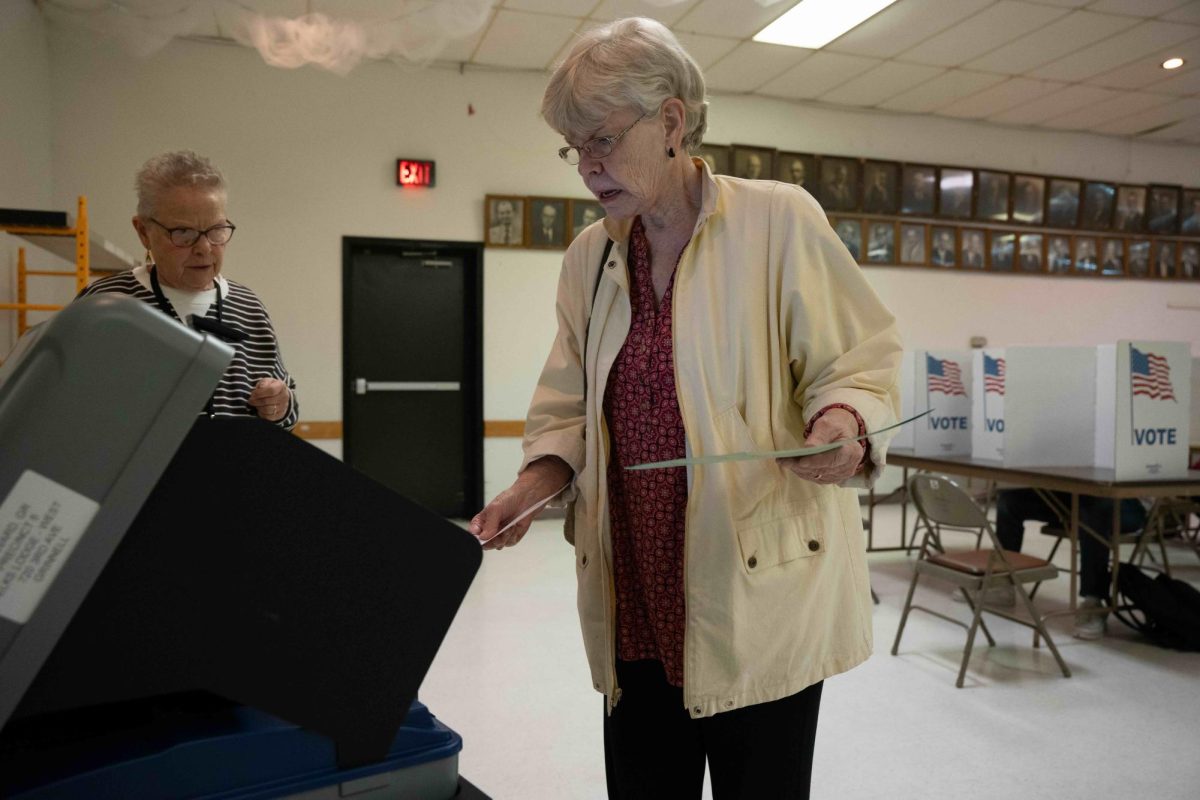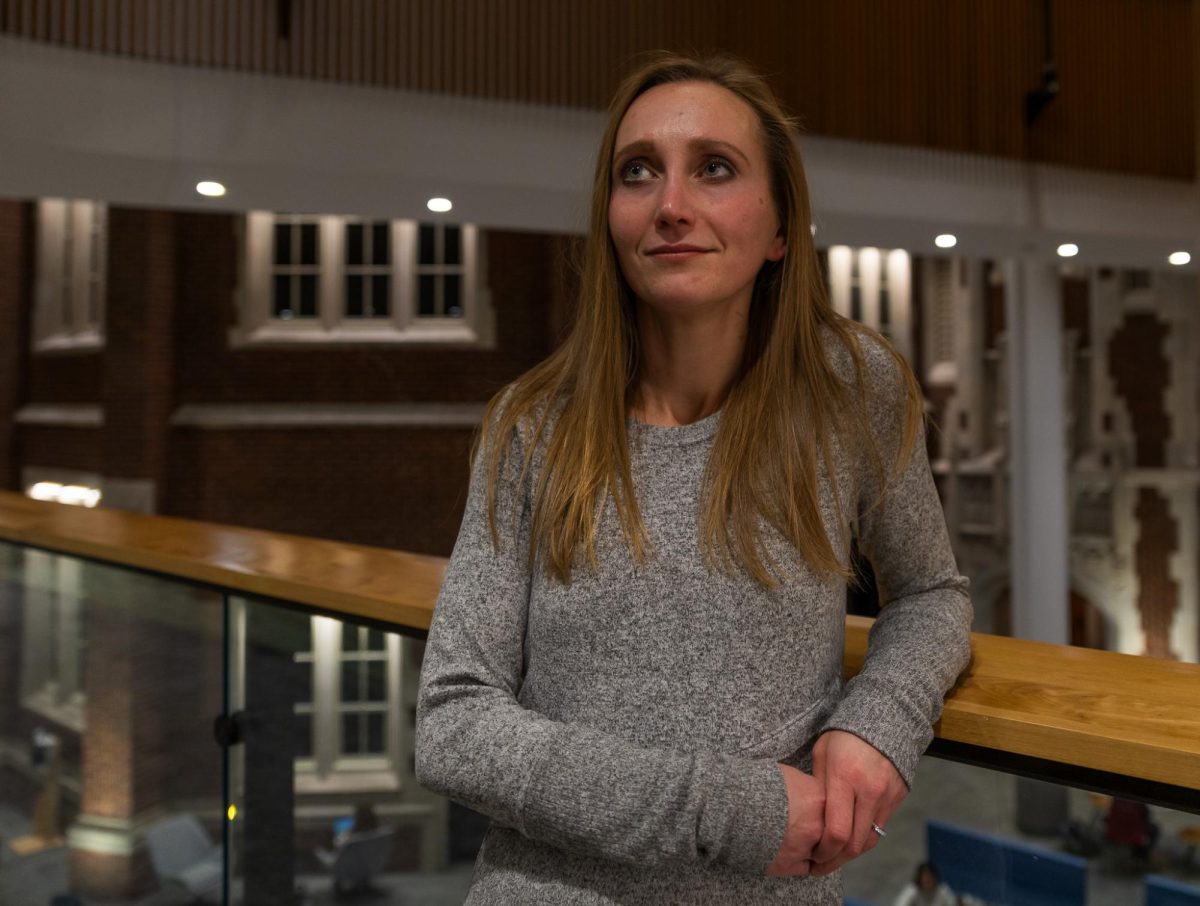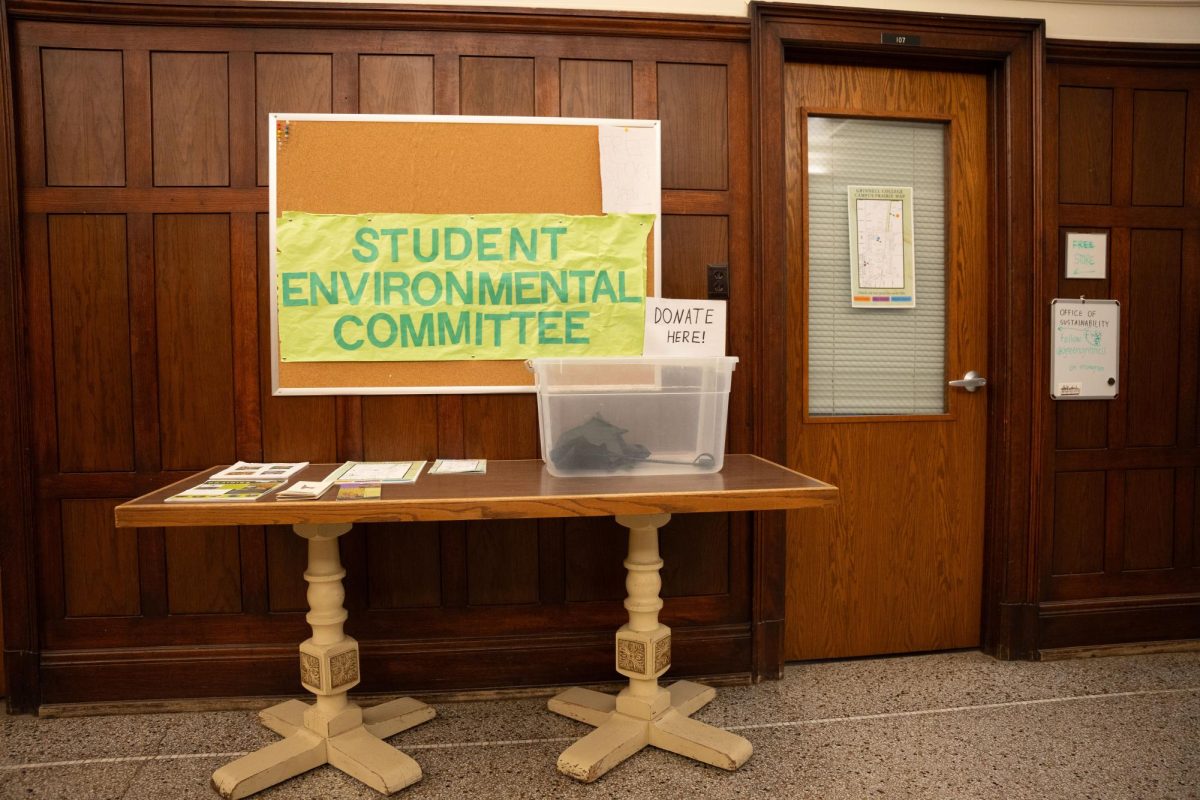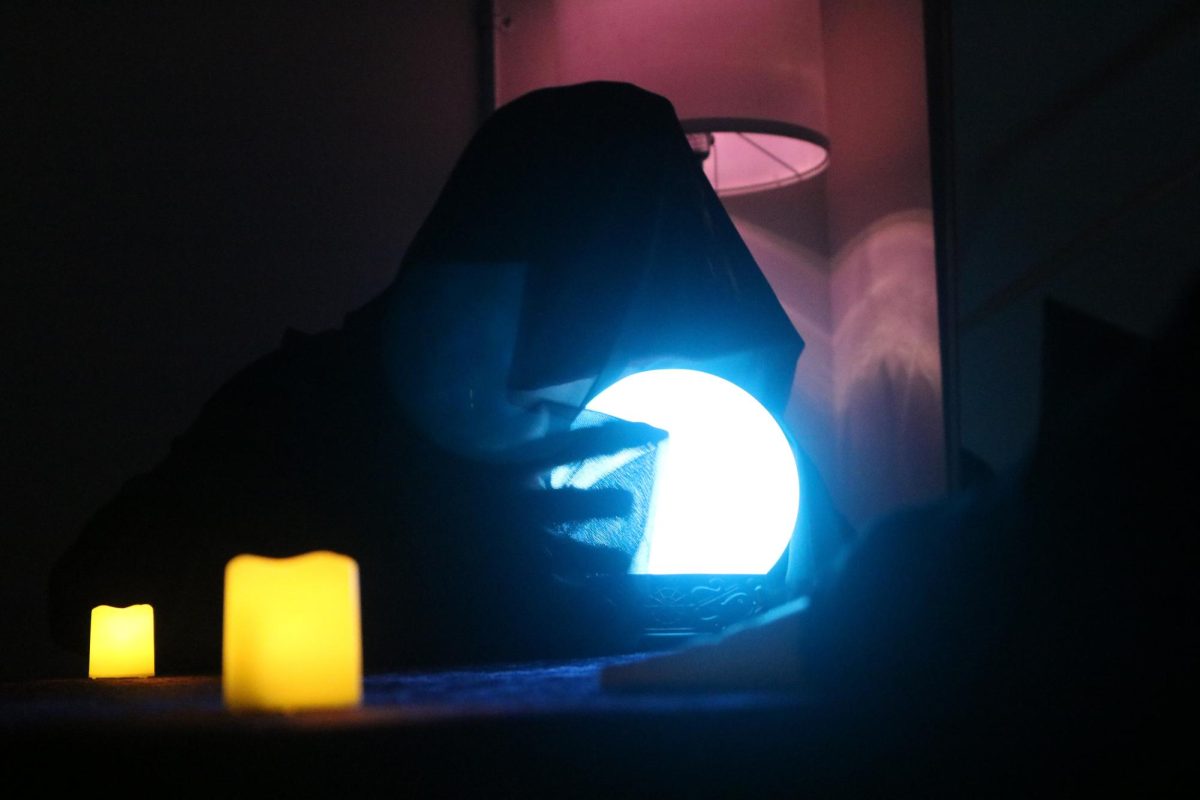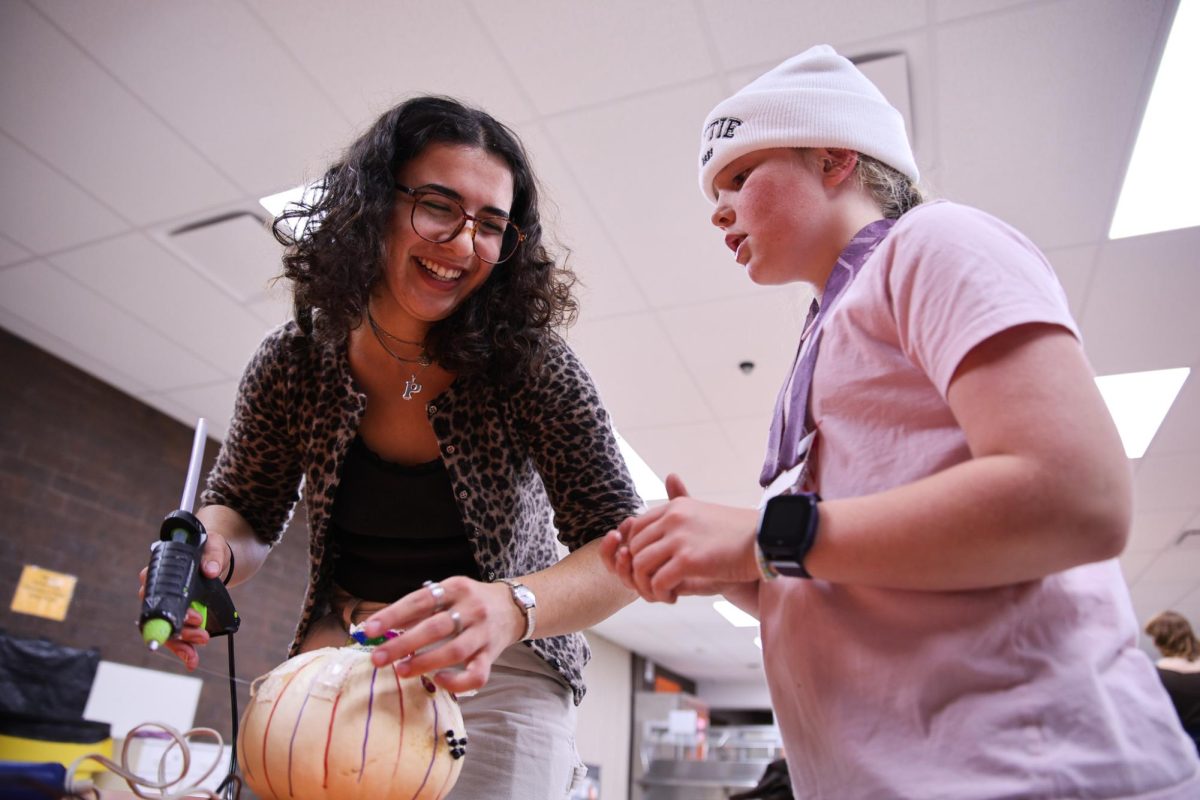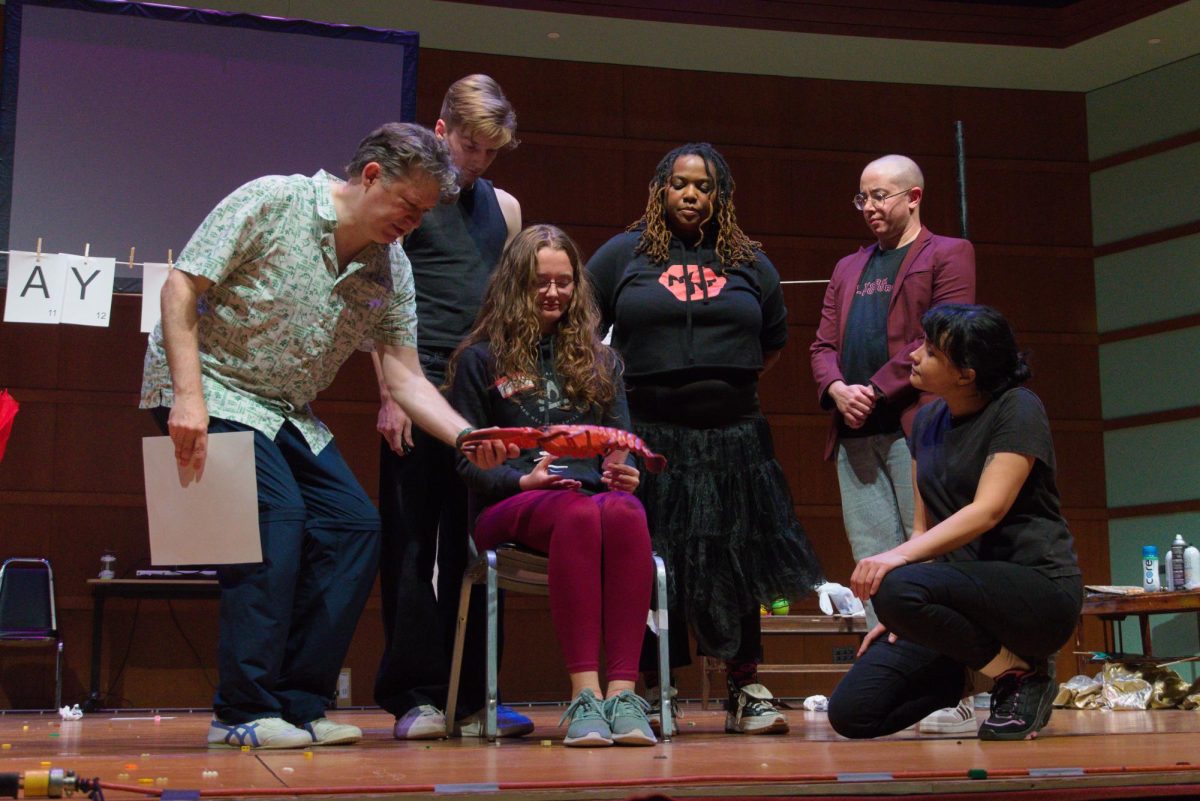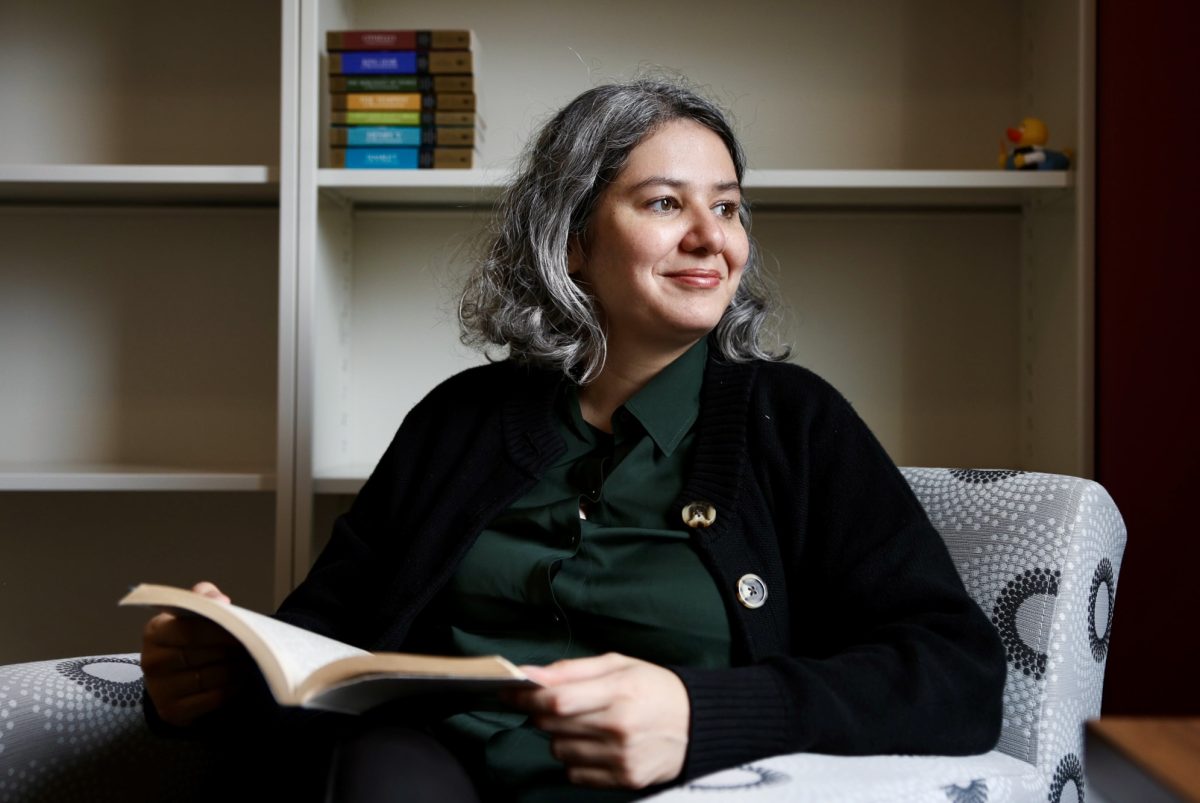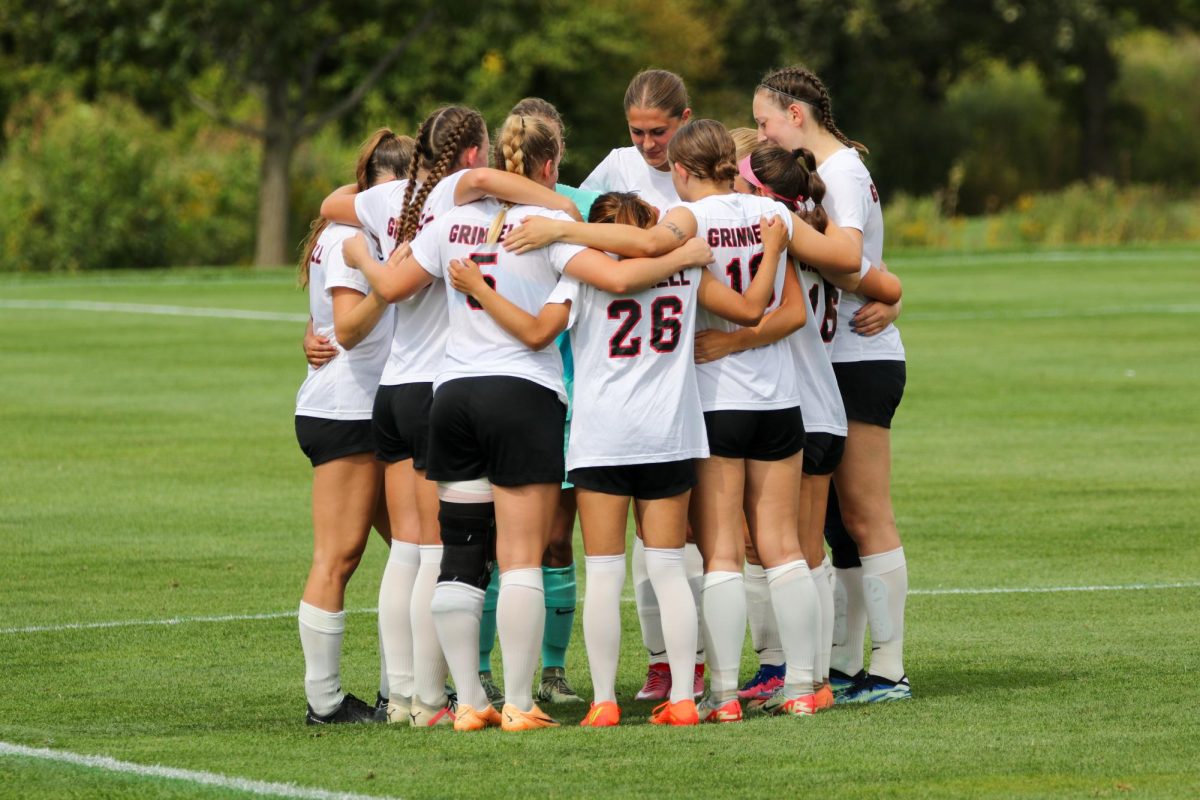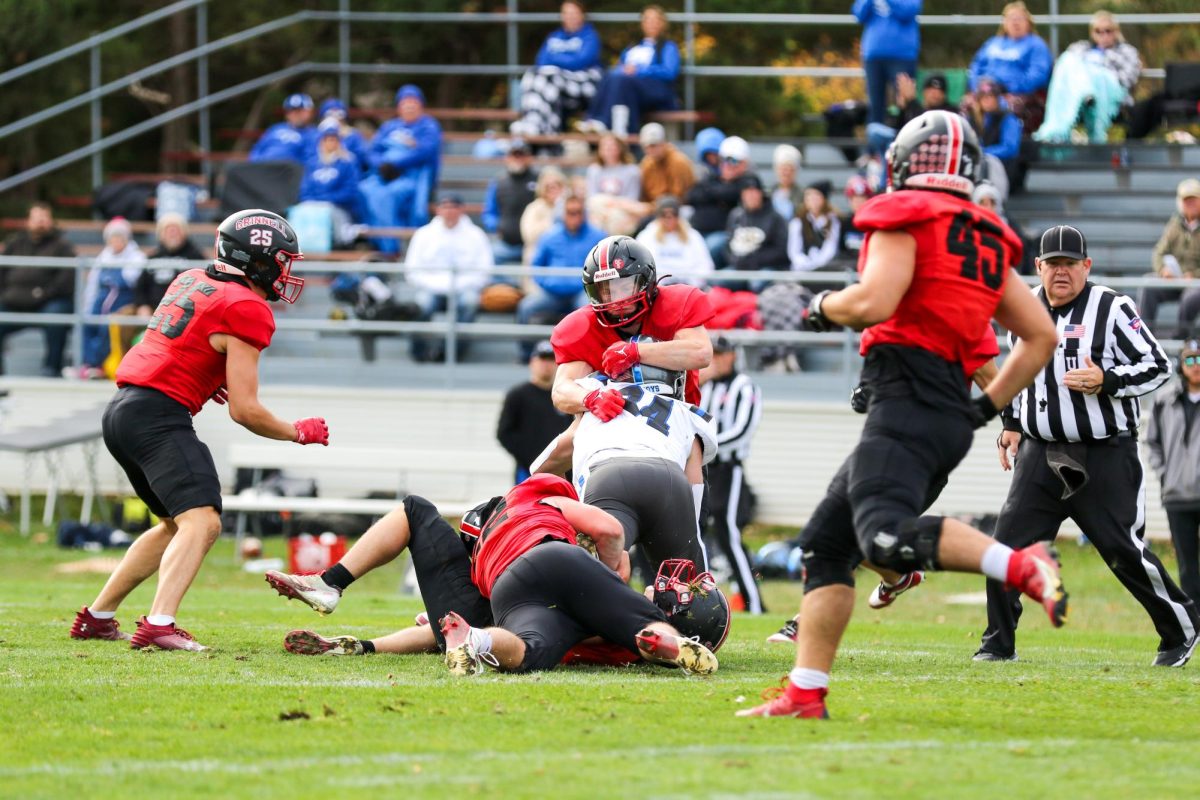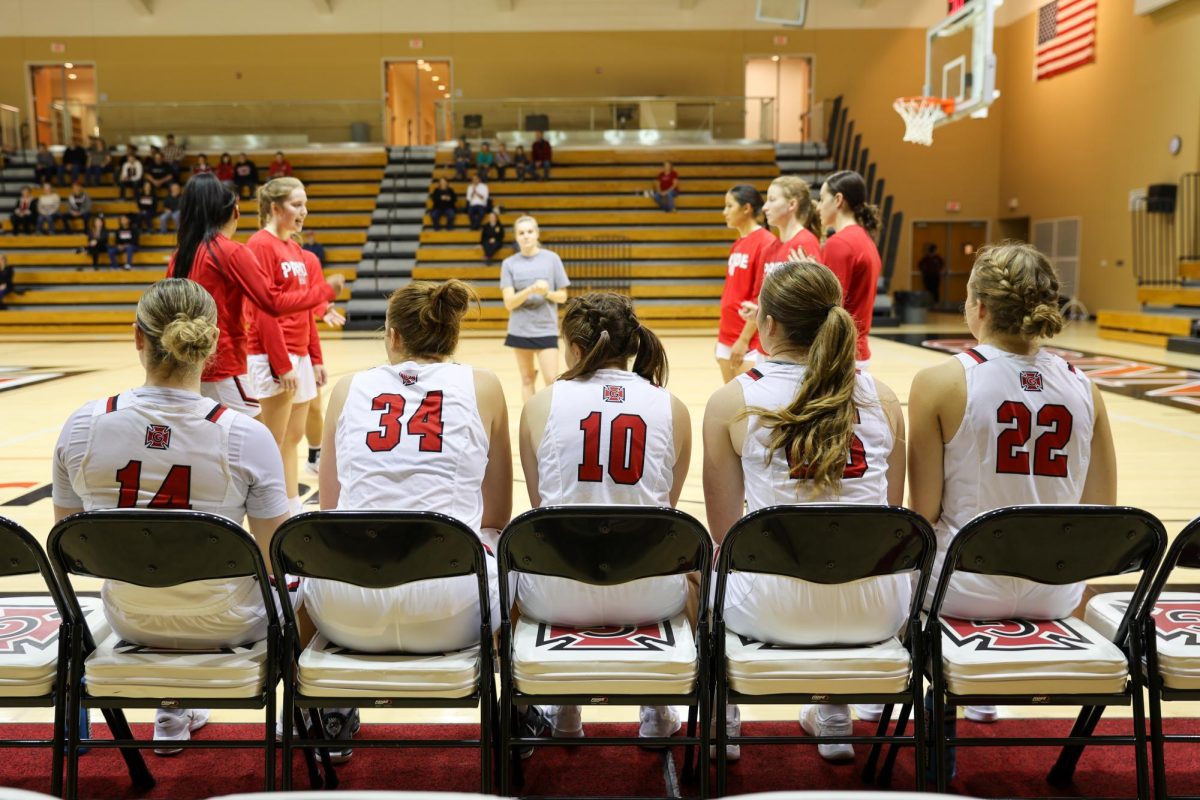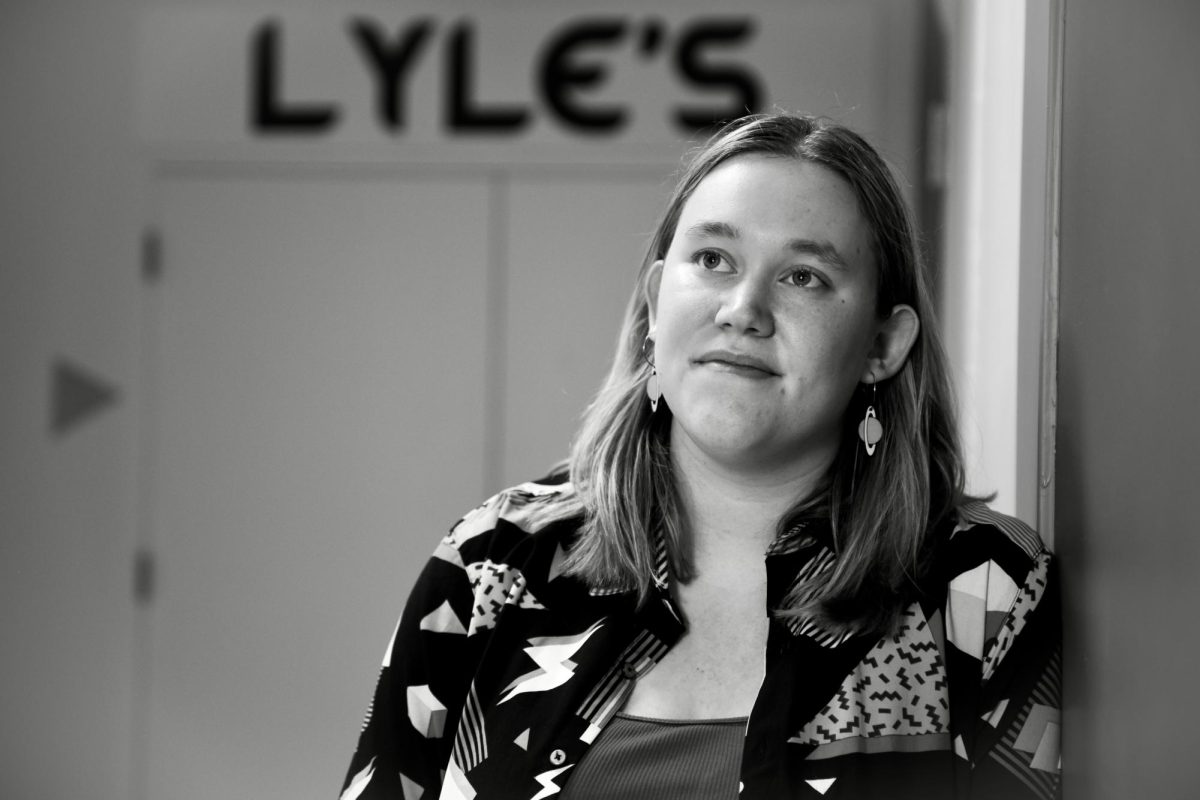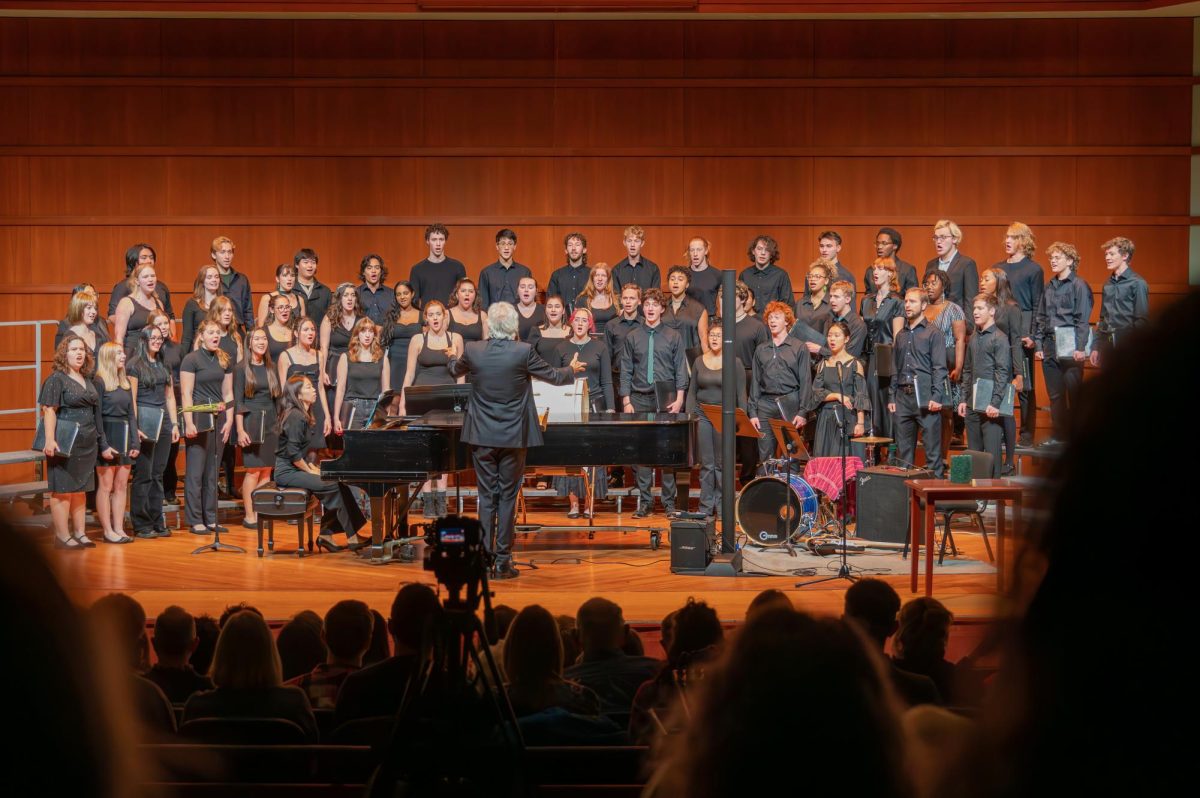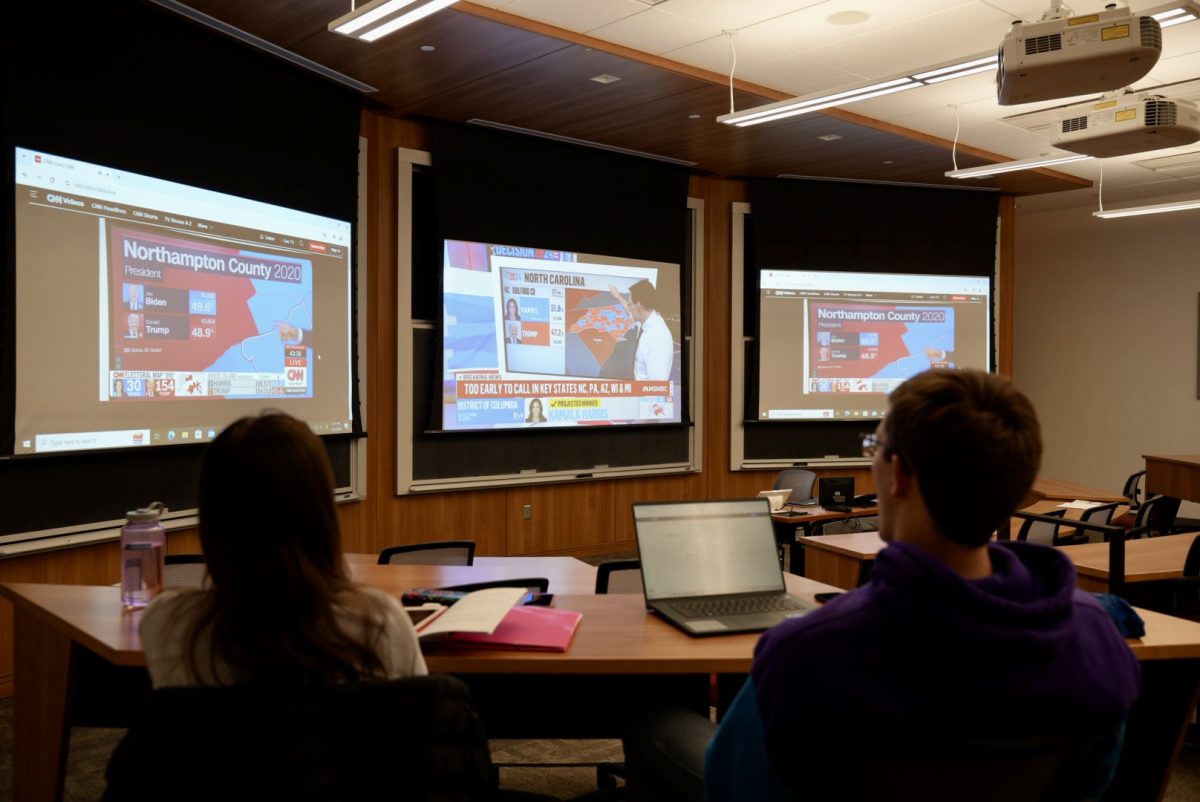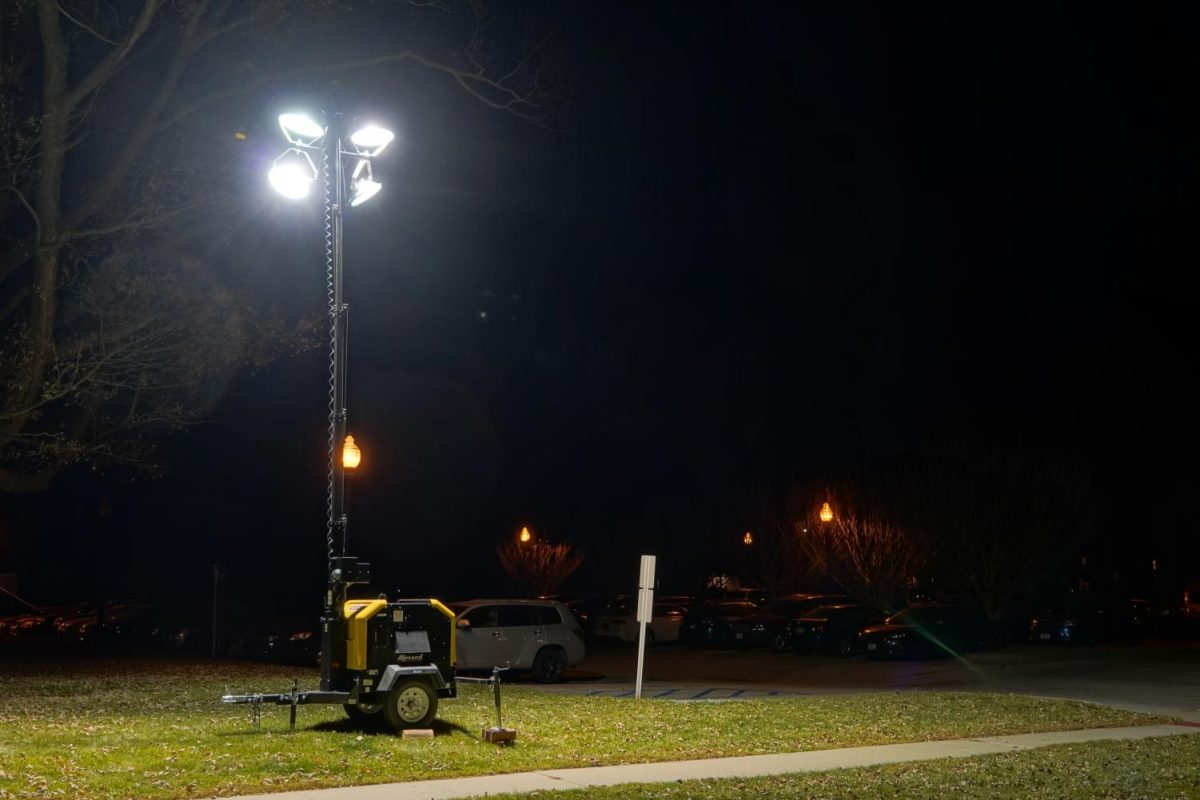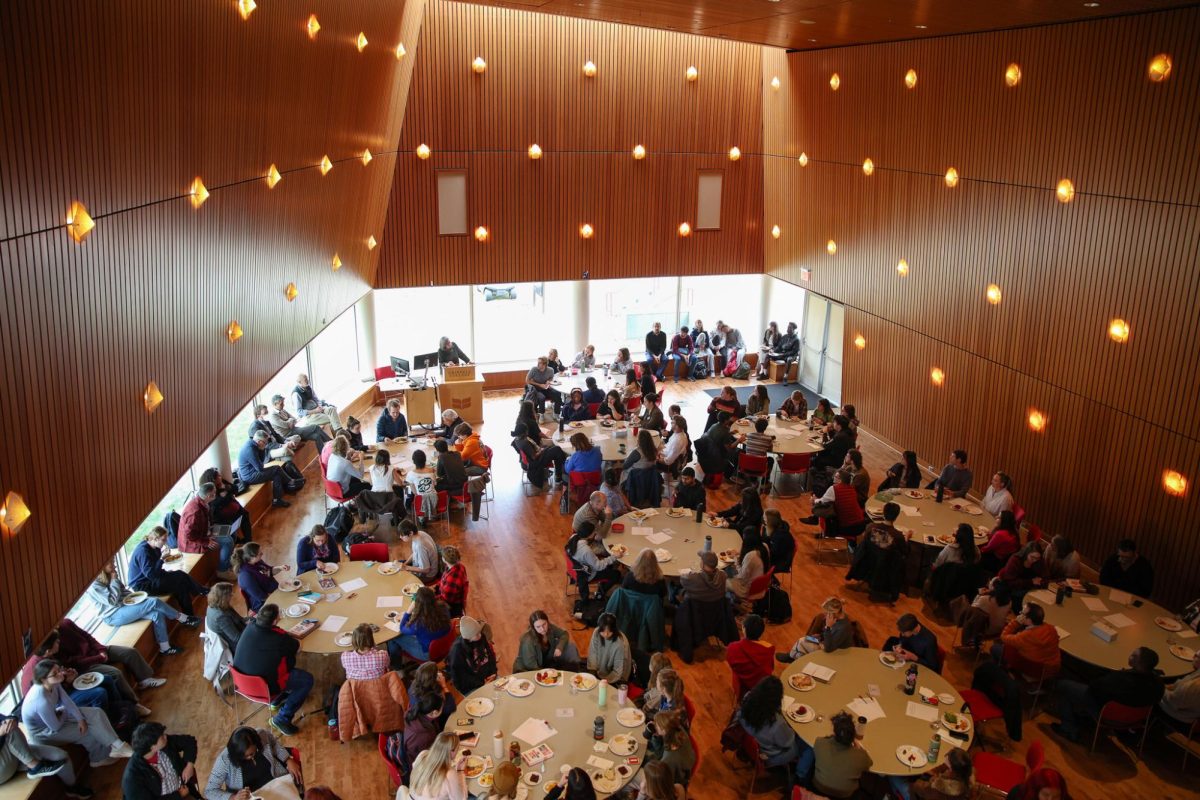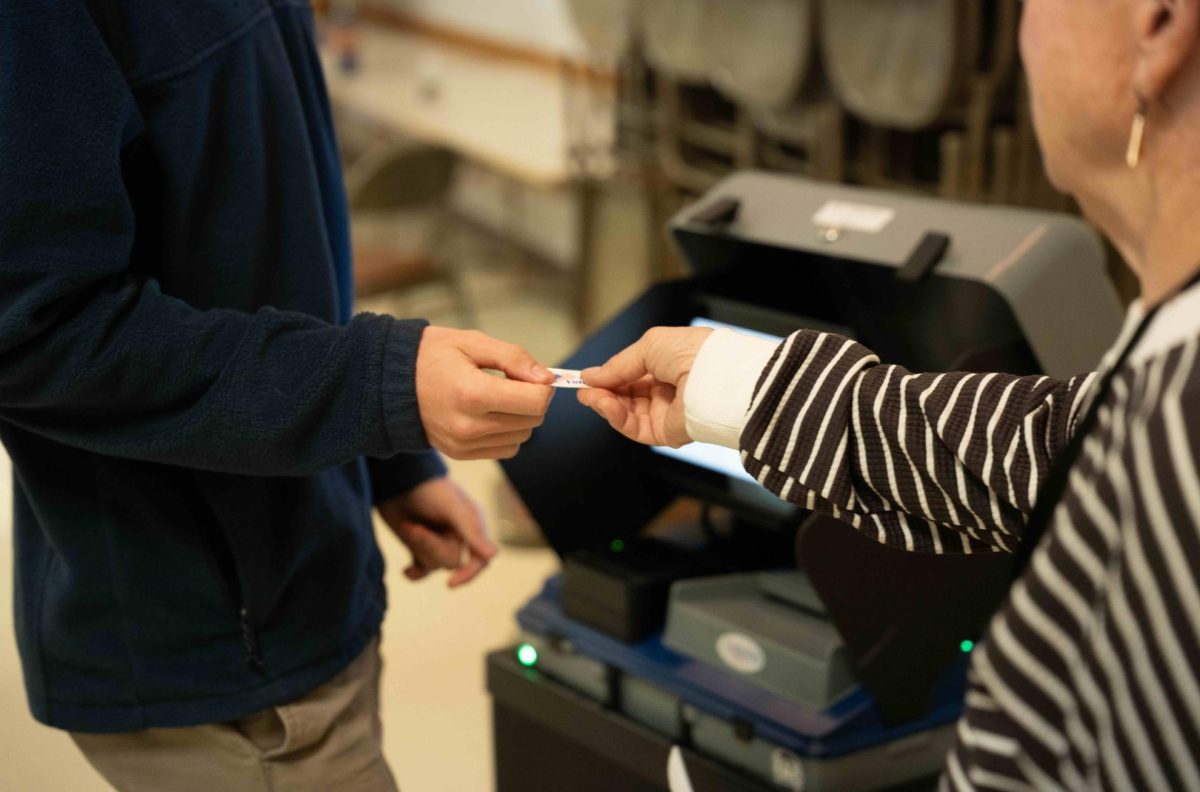In August, the SGA Treasurer’s Office released its plan for a redesigned funding system it hopes will trim unnecessary spending, decrease financial liability and protect student autonomy.
The plan includes five key updates: revisions to student travel funding, restrictions on use of the SGA credit card, semester-based budgeting for student organizations, new appointment scheduling and work-related messaging policies, and the creation of a new SGA Inventory.
“SGA is an institution that manages a very large sum of money – larger than some departments on campus, for context. For its entire existence, it has been run by students, which is impressive,” SGA Treasurer Amanda Weber ’21 said.
Her experience as Assistant Treasurer last year, however, allowed her to understand some of the flaws and unsustainable practices present in the Treasurer’s Office. “I realized there were a lot of things that needed to change if we wanted to keep our financial autonomy and our ability to effect change on campus,” Weber said. The new reforms arise largely from a desire to avoid future liabilities and prevent waste.
First, SGA is no longer funding student travel outside of Grinnell. Weber attributes this change to the fact that historically, these funds have served only a select number of students. To better serve the student body, the Treasurer’s Office has allocated money to the CLS, Athletics, and the Dean’s Office for this express purpose. Travel within Grinnell will still be provided through People Rides vouchers. People Rides is a bus service that operates within and around Grinnell.
The Treasurer’s Office is also restricting catering options for student-organized events that make use of the SGA credit card to three options: Pizza Ranch, Jimmy John’s and Grinnell College Dining Services. An alternative system, possibly involving prepaid debit cards, is in the works, and students can still be reimbursed for purchases at any business.
Budgeting has also received a shake-up. Student organizations will now submit a total budget request for the entire semester instead of having weekly budget meetings. However, Weber acknowledged “that you can’t predict everything. As much as we want people to be thoughtful about their planning, we also don’t want people to feel like they’re tasked with doing the impossible.”
If a student group forms in the middle of the semester, it will still be allowed to apply for funding through something the Treasurer’s Office dubs “emergency budgets.” Furthermore, Weber added, “if you’re trying to host an event in response to a current event on campus or in the world … obviously you couldn’t see that coming. We can help you make it happen.”
Any other requests for funding mid-semester will need to be approved by committee chairs and the Treasurer’s Office.
SGA is also introducing its new Inventory service, which Weber anticipates will cut down on waste and become an integral resource for students. “SGA has a habit of spending money repeatedly on things you should really only be buying once,” she said. “At one point we had four cotton candy machines. That’s a real fact – and it’s kind of upsetting. Why would we spend that much money on cotton candy machines?”
The Inventory has been in the works for a long time, but Weber put the project into motion this summer. “No one ever really had the time [before]. … It also required moving a lot of stuff from the SGA offices to Clark Pit, which is where the Inventory is located. But this summer, I was working Conference Operations, which gave me access to a golf cart.”
The storage room in Clark Pit is now filled to the brim with miscellaneous supplies for both students and student government to take advantage of. Weber is planning on sending out an all-campus e-mail with a list of all of them.
“I haven’t done it just yet,” she adds, “because I don’t want to inundate people with all-campus e-mails. Email fatigue is a real thing.”
Students will gain access to the new space later this semester.
She encourages students to make use of the space when it becomes available. “I put up a little chandelier and an inflatable polar bear in the corner. … All of the other reforms, I recognize, are very bureaucratic. But I think this is a fun one.”
Weber encourages students to ask questions and think critically about the new policies. “I love talking about these things. They matter a lot to me. I’m happy to answer questions,” she said.
Weber is altogether proud of the changes she’s made. “I know they’re controversial, and that they are big changes, but they’re things that will – this year and for years to come – save SGA from being put in a position where our autonomy is limited and where our resources are taken from us. … I think that these reforms are going to help us have a good year and a good future.”
